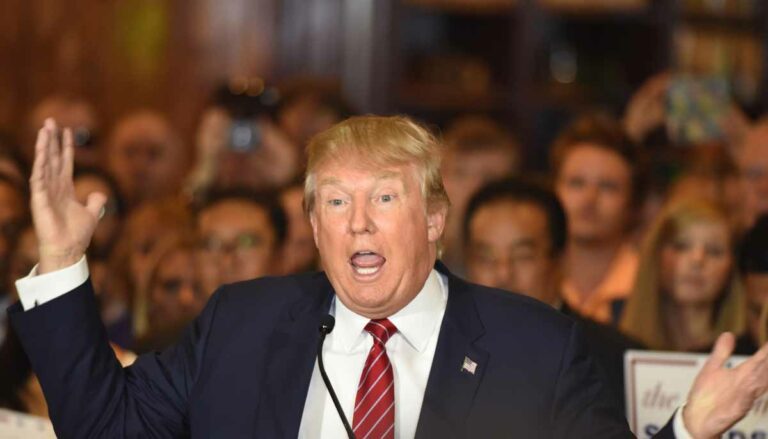Normally, the Monday in mid-December when the Electoral College meets to cast their official vote for president is a muted affair. Americans, generally speaking, don’t give too much consideration to the institution that formally selects the president. In practice, Electors nearly always cast their votes for the candidate they were pledged to, making Monday’s events often a moot point.
However, in 2020, claims by Donald Trump of widespread election fraud, made without evidence, have led to outsized importance being placed on the Electoral College’s formal structures.
Today, in state houses around the country, states’ electors will be arriving to cast their formal votes. In some states, they are expected to be met with protests from diehard supporters of the current president, many of whom insist the election was stolen by Joe Biden.
In spite of their rhetoric, Republicans have been unable to produce any evidence of widespread election misconduct on a scale that would have tipped the balance of the election.
What Does the Electoral College do?
The Electoral College was created by the Framers of the Constitution as a compromise between direct democracy and allowing Congress to select the president. States are each given a number of electors equal to their number of congressional representatives, meaning for each member of the House and Senate they send, they get one elector. This means states like California have far more electors than, say, Vermont or Rhode Island.
After the general election in November, the Electoral College convenes in December to cast their official votes, typically according to how the popular vote in their states went. As such, the Electoral College is usually not something that needs to be guessed at or is up in the air: once the final vote counts are reporting, it’s easy to do the math and see where each states’ Electoral votes are going.
The Next President
In spite of Trump’s numerous attacks on the electoral process, claiming that widespread fraud derailed his chances of victory, courts across the country have rejected dozens of the president’s suits seeking to reverse the election. A notable case, one spearheaded by Texas Attorney General Ken Paxton, was shot down by the Supreme Court last week.
With Electors set to cast their votes on Monday, and Biden coming in with well over the 270 electoral votes he needs to win the presidency, it looks like time is running out for the president to try other legal angles of attack. Barring a truly bizarre twist, Joe Biden will be sworn in on January 20, 2021.





